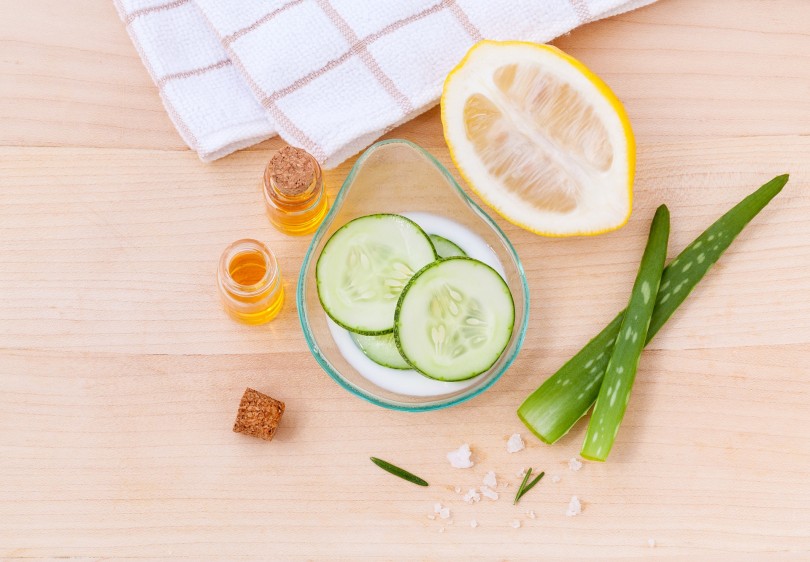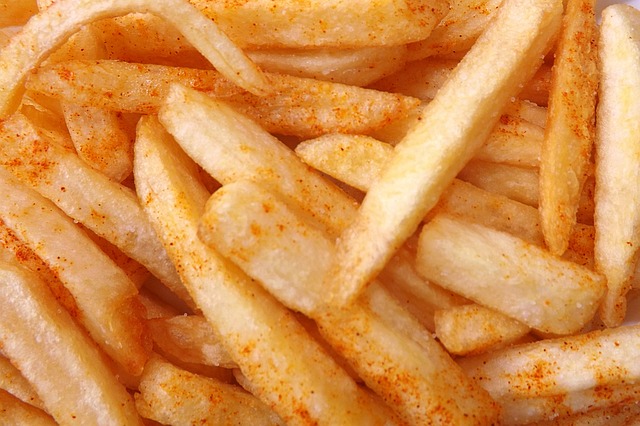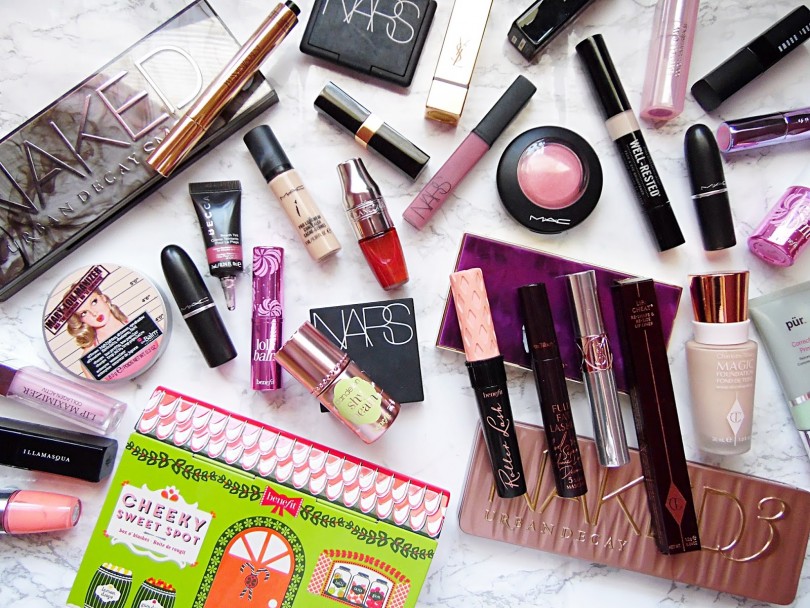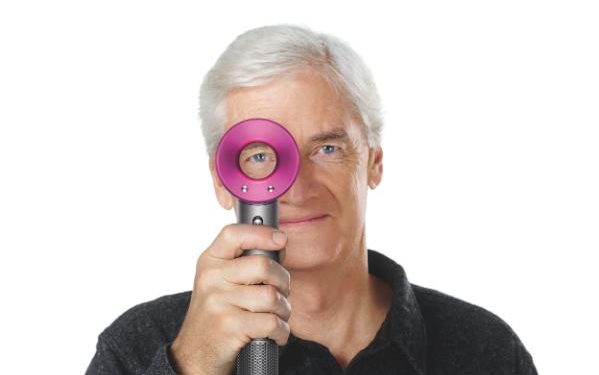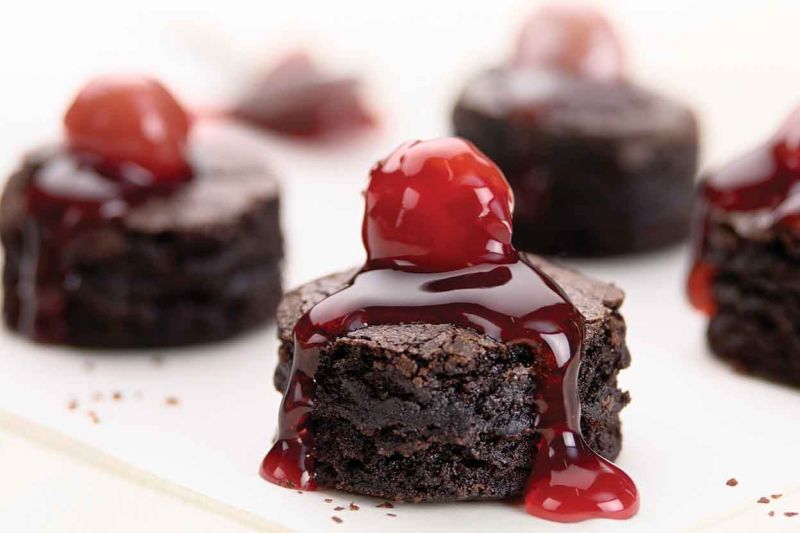Whether it is the locker room in high school, your first date, the first kiss, we are plagued by concerns about our body odor. The truth is all animals release natural body odor: it is a biological part of existence. The first thing you should know is that body odor is natural and healthy. All all animals utilize scent to send out warning signals to other animals, mating, and marking their territory. In humans, babies associate with their mothers through smell and adults can distinguish fragrances for picking mates.
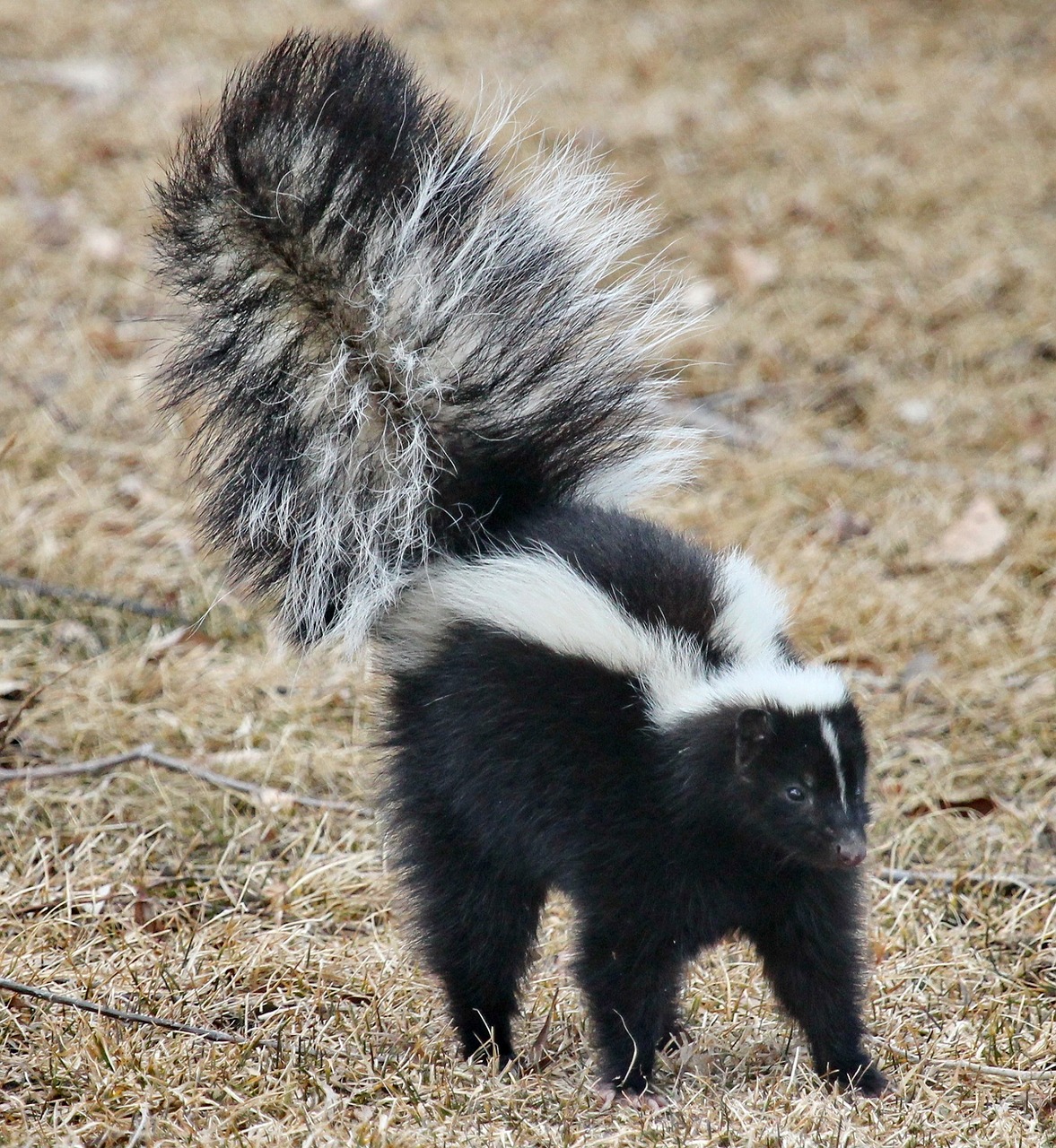
Many people confuse smell with sweat. However, sweat itself has no odor. Body odor is actually directly related to your digestion and is affected by your lifestyle, diet, and even surroundings.
Sweat is produced by two glands: Eccrine glands that produce sweat that is mostly water, and the Apocrine glands that release sweat with fatty acids and proteins. Logically, the latter produces the smellier sweat. The Eccrine glands are all over your body while the Apocrine glands are located in more hidden and damp places—the underarms, under the feet, the palms and the groin. The Eccrine simply releases sweat as a reflex to cool the body; the apocrine glands also produce sweat but under mental pressure such as anxiety, nervousness, or fear. What the majority of people are unaware of is the bacteria that feed on the nutrients being released in apocrine sweat are the cause of the bad odor since the bacteria release an odorous gas when they feed. (1)
 Men have been known to have a stronger body odor because they have more glands than women: they more glands, the more sweat and opportunity to smell. Men on average have more muscle which keeps their bodies warmer—women, as a result, have developed a faster cooling system and this allows them to utilize their Eccrine system more than men. Men also have more testosterone, which also produces more Apocrine sweat. As a result, it is typical that men have more of a body fragrance than women.
Men have been known to have a stronger body odor because they have more glands than women: they more glands, the more sweat and opportunity to smell. Men on average have more muscle which keeps their bodies warmer—women, as a result, have developed a faster cooling system and this allows them to utilize their Eccrine system more than men. Men also have more testosterone, which also produces more Apocrine sweat. As a result, it is typical that men have more of a body fragrance than women.
Food plays a large role in influencing body fragrance: curries, garlic, onions and meat affect body odor. In addition, chilis, alcohol, and caffeine are all responsible for more pungent sweat. (2) Other contributors that are related to a more odorous body fragrance is eliminating carbs from your diet as well as adding more fiber to your diet.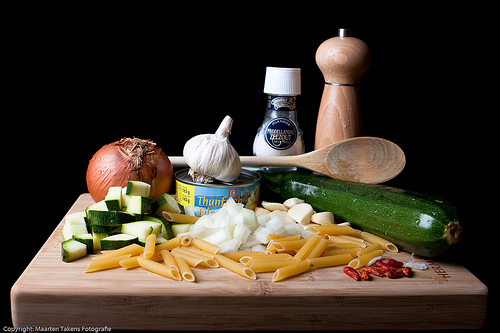
Because smell is such an important part of life, there are thousands of perfumes and fragrances developed to mask, cover, attract, and compliment human odor. It is evident that different people have different scents, so when choosing a fragrance, the chemistry will not have the same fragrance as on someone else. There are even theories that we subconsciously are trying to attract a mate when we are choosing our fragrance: different scents attract a certain profile of personality. All animals choose mates with different fragrance profiles. (3)
Here are some tips and natural remedies for helping with body odor:
- Brush your tongue as well as the roof of your mouth: only brushing your teeth and not your tongue will allow bacteria to grow in your mouth.
- Stop chewing gum: it causes your digestive system to create gas.
- Don’t wearing spandex and sweat locking clothing longer than needed.
- Avoid wearing closed toe shoes for long periods of time. (It keeps a warm and moist environment where bacteria thrive.)
- Be sure to towel off completely in the Apocrine gland locations. This is where bacteria like to grow, especially when it is damper.
Remember, body fragrance and odor is natural. There are many things to contribute to your body odor, such as diet, exercise, and grooming techniques. If you do want to wear deodorants or perfumes, be cognizant that it builds on your own natural scent, as well as the shampoos and lotions you may use.


